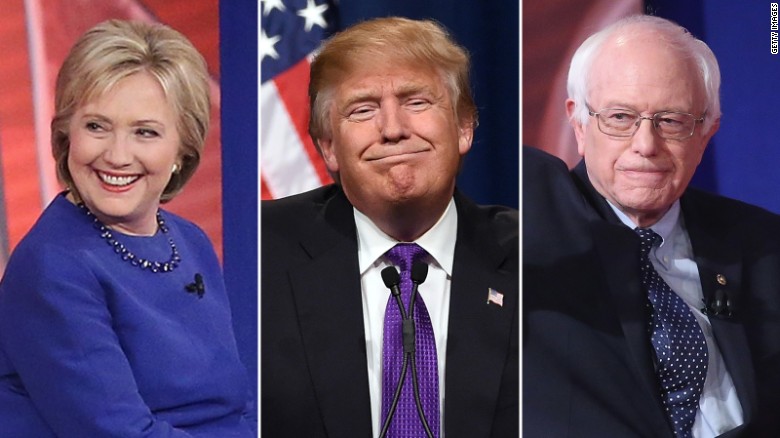‘Economic Reliance on China and Security Dependence on the US’: Utter Nonsense
For example, during a recent discussion of U.S.-Vietnam relations, the host of an overseas television program repeated the idea, seemingly without much thought, that China's neighbors — such as Vietnam — are beholden to China and the United States for their economic and security needs, respectively.
Admittedly, the economic relationships between China and its neighbors are growing ever more intimate, and could be described as bilateral relationships of mutual dependence to some extent. But to say that these states are wholly reliant on China is an exaggeration. The facts show that their economic ties to the United States are also quite close.
Purporting that China's neighbors rely on the United States to ensure their security is equally nonsensical. These states have reached varied levels of consensus on security matters with China, and often engage in military exchanges and joint military exercises together with the People's Liberation Army. Strangely, however, whenever the Association of Southeast Asian Nations member states or India conduct joint military exercises with the United States or Japan, the U.S. media spins them as "depending on the United States for their security," or as a desire to "unite with the United States and Japan against China."
However, China has also frequently conducted joint military exercises with these ASEAN member states and India. Operating according to the logic perpetuated by the U.S. media, where, then, are Chinese muzzles being pointed? At the United States and Japan? These U.S. neoconservative ideologues have no answer for this, nor do the right-wingers in Japan. And yet, they still keep their propaganda machines churning away, assailing others with their proclamations as if it were already an established fact that the U.S.-engineered "little NATO" in Asia is on the cusp of coalescing, and that the security of those states concerned rests entirely in the United States' hands.
Clearly, this is simply a mutant strain of the "China threat theory" and the "isolation theory" espoused by neocons in the United States and the far right in Japan, making use of a new attack vector within their war of propaganda and plots. It is, however, no more than wishful thinking.
If we too ignore hard facts, fail to distinguish truths from falsehoods, and complacently accept and adopt these asseverations, we will have only furthered their efforts and become complicit in their schemes.
The author was formerly China's senior official for the Asia-Pacific Economic Cooperation and the Chinese ambassador to Nigeria and Colombia.


